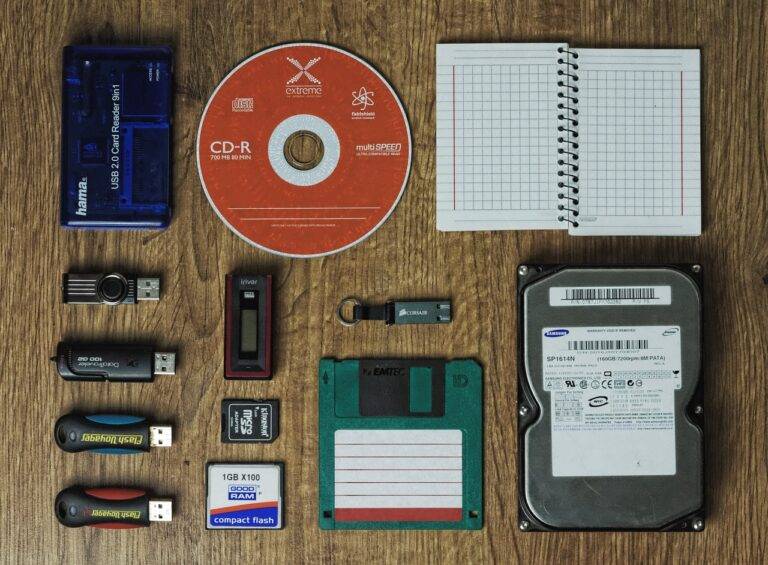Tech Innovations in Education: Adapting to New Learning Realities
Traditional education faces numerous challenges in today’s dynamic world. One of the primary issues is the one-size-fits-all approach to teaching, where educators often struggle to meet the diverse needs and learning styles of individual students. This lack of personalized attention can lead to disengagement and hinder student academic growth.
Moreover, the rigid structure of traditional classrooms may stifle creativity and critical thinking skills in students. The emphasis on standardized testing and rote memorization can discourage students from exploring their own interests and pursuing a deeper understanding of the subjects they study. These limitations in traditional education can impede students’ ability to develop essential skills needed for success in the 21st-century workforce.
The Rise of Online Learning Platforms
Online learning platforms have drastically transformed the landscape of education in recent years. With the convenience and flexibility they offer, more and more students are turning to online platforms to further their education. These platforms provide a wide range of courses, allowing learners to choose from diverse subjects and topics that align with their interests and career goals.
Moreover, online learning facilitates self-paced learning, enabling students to progress through the material at their own speed. This personalized approach to education caters to the individual learning needs of students, ensuring that they grasp concepts fully before moving on to the next topic. As a result, online learning platforms empower students to take control of their educational journey and tailor their learning experiences to suit their preferences and learning styles.
Personalized Learning Experiences
Personalized learning experiences offer a tailored approach to education, allowing students to learn at their own pace and focus on areas where they need more support. By utilizing technology and data analytics, educators can assess individual strengths and weaknesses to create personalized learning plans for each student. This individualized approach can help students improve their academic performance and overall engagement in the learning process.
In addition to academic benefits, personalized learning experiences can also enhance students’ motivation and confidence. When students feel that their learning journey is catered to their specific needs and interests, they are more likely to stay motivated and engaged in their studies. This personalized approach can empower students to take ownership of their learning and develop important skills such as self-regulation and critical thinking.
What are some challenges in traditional education?
Some challenges in traditional education include the one-size-fits-all approach, lack of individualized attention, and limited flexibility in learning.
How are online learning platforms changing the education landscape?
Online learning platforms are providing more personalized learning experiences, offering a wider range of courses, and allowing for greater flexibility in when and where students can learn.
How can personalized learning experiences benefit students?
Personalized learning experiences can benefit students by catering to their specific learning styles, interests, and pace, resulting in improved engagement, understanding, and retention of information.





